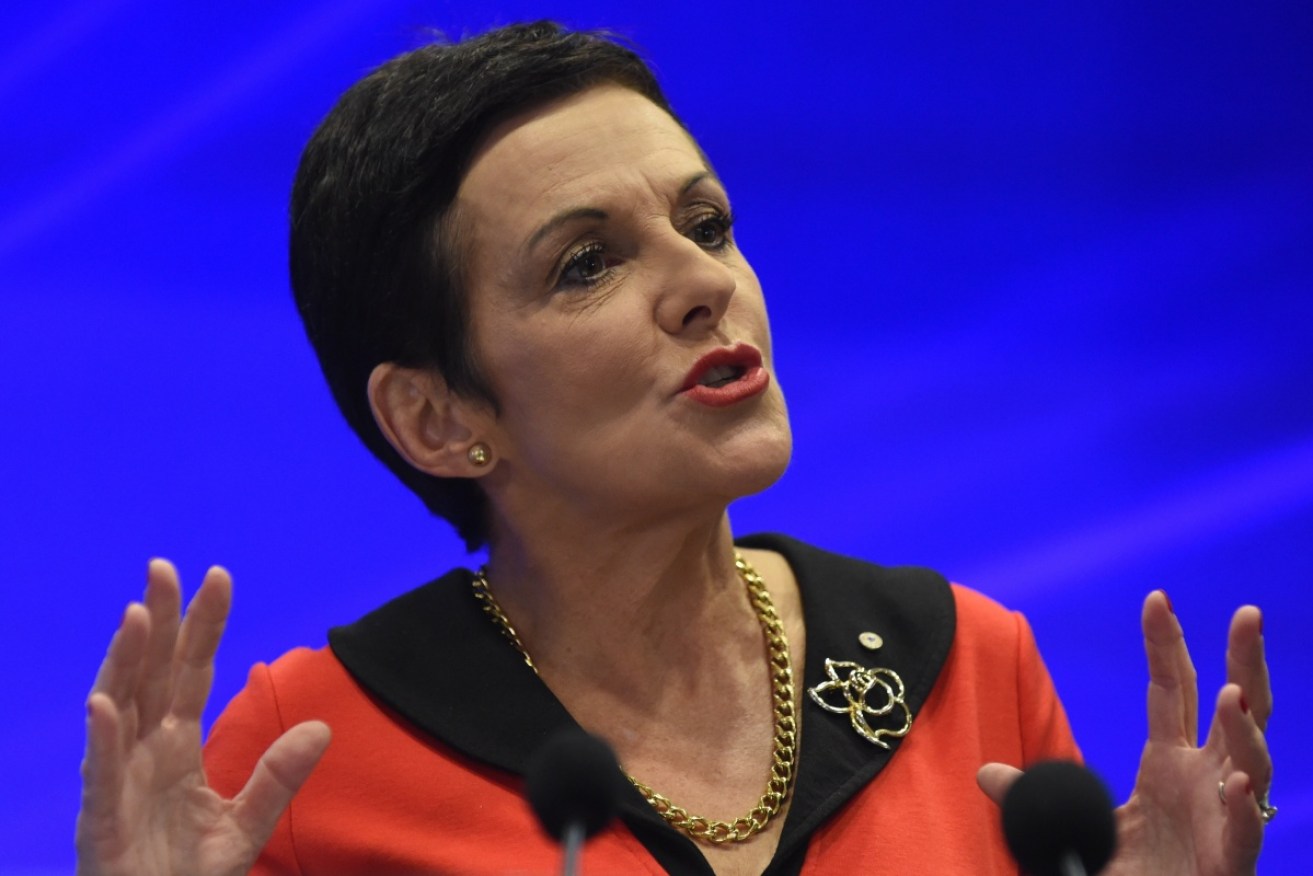Union push for $27 wage rise for nation’s lowest paid


Australian Chamber of Commerce and Industry CEO Kate Carnell. AAP
The Australian Council of Trade Unions (ACTU) is calling for increases to the minimum wage by $27 per week and superannuation rates to rise by 0.5 per cent.
The ACTU will argue for the minimum wage to rise to $667.90 a week, or $17.58 per hour, up from $16.87, but a major employer group told The New Daily the claim was “unsustainable” and threatened to destabilise an already weak labour market.
The ACTU said their submission to the Fair Work Commission’s Annual Wage Review was critical in protecting the living standards and retirement savings of almost two million Australian workers.
ACTU secretary Dave Oliver said a $27 per week pay rise for the lowest paid workers was “essential” if Australia was to avoid creating an underclass of working poor.
• Unions, business strike deal on penalty rate
• Poorest workers pushed to absolute minimum
• Fair Work Commission expertise questioned
“There are already signs that Australia is developing a working poor with financial stress, deprivation and poverty on the rise among low paid workers,” Mr Oliver said.
“The Annual Wage Review is the only chance for 1.86 million of Australia’s lowest paid workers to get a pay rise, and it helps set the pay and pay increases of many more.

ACTU secretary Dave Oliver says a $27 per week pay rise for the lowest paid workers is “essential”. Photo: AAP
“Last year Joe Hockey raided the super accounts of Australian workers and that’s why unions are fighting to get 10 per cent compulsory super reinstated.”
But the Australian Chamber of Commerce and Industry (ACCI) CEO Kate Carnell said the ACTU’s push for a minimum wage increase of more than double the rate of inflation was unsustainable.
“A $27-a-week increase in the minimum wage will make it much harder for businesses to hire new staff and may prompt some employers to let go of existing staff or reduce unprofitable hours,” Ms Carnell said.
“Such a steep increase would make it harder for employers to afford low-skill workers and young people seeking entry-level positions.
“With the added proposal to increase compulsory superannuation contributions, the claim is effectively more than $30 per week.”
The ACCI would be making a submission arguing for a cautious and restrained increase in the minimum wage, given the softening labour market conditions in which employment growth was slowing and unemployment in January stood at a 12-year high, Ms Carnell said.
“At present underemployment is trending up, meaning people in work want more hours,” she said.
“Participation is down because some people have given up looking for work. Underutilisation, which measures people looking for work and those in work wanting additional hours, continues to trend up.

Australian Chamber of Commerce and Industry CEO Kate Carnell. Photo: AAP
“An increasing proportion of people in the labour market want work or more work. The interests of the unemployed and underemployed must also be taken into account.”
Ms Carnell said the ACTU push for the Fair Work Commission to mandate an increase in compulsory superannuation paid to workers on awards would have only a small impact on retirement incomes, but would be a direct additional cost on employers, hitting current employees and unemployed people trying to get a job.
“The ACCI is opposed to the proposal, given extra compulsory superannuation represents an immediate additional cost to employers of staff on awards, many of which are in industries already doing it tough. The proposal makes it more costly to provide work and take on new staff,” she said.
The Fair Work Commission is responsible for reviewing and setting minimum wages for employees in the national workplace relations system.
Each financial year the Commission’s Expert Panel for annual wage reviews conducts an annual wage review, and issues a decision and national minimum wage order for employees not covered by an award or agreement.
The decision and order generally come into operation on July 1 of the following financial year.








